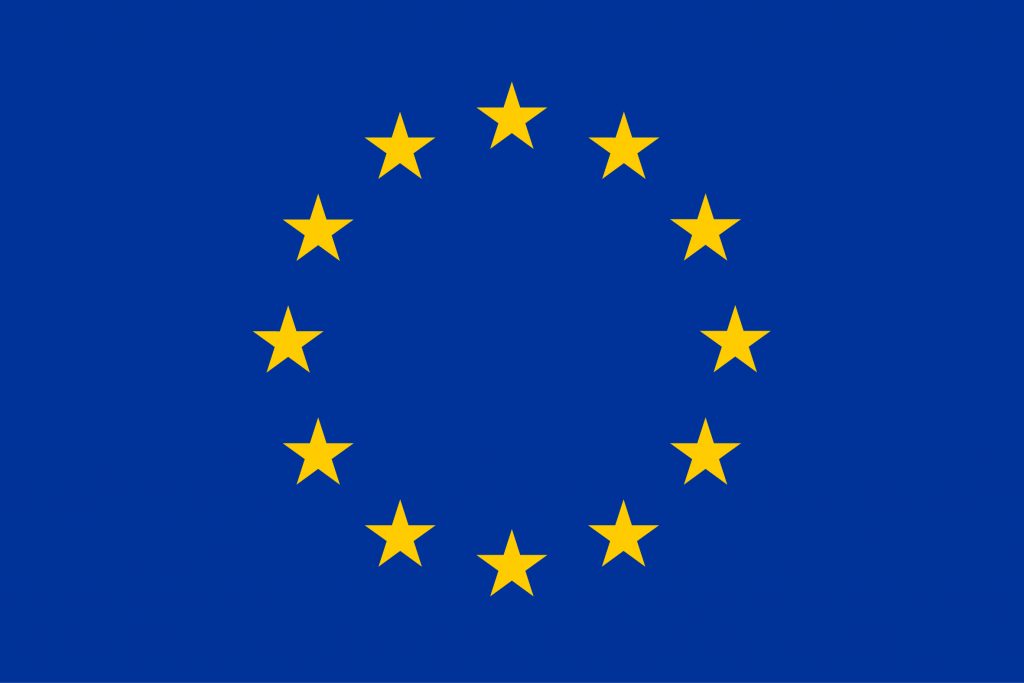
This activity is led by Matej Bel University.
Report on participatory models (first release May 2022, second release October 2022)
This report defines the key terms of participatory models in culture, tourism, and sustainable development, based on the literature review, knowledge, and experience of previous empirical studies and implemented research projects.
In the first section, this report briefly summarizes current knowledge on culture, tourism, and sustainable development. Besides, the first section introduces cultural tourism, creative tourism and rural tourism and highlights their common principles based on sustainable development and participation.
The second section is devoted to governance, participation, participatory governance, and participatory planning in culture and tourism. This section is divided into two subsections. The first subsection explains cultural participation and participatory governance and models in culture. The second subsection summarizes participatory models and approaches in cultural tourism.
The third section is dedicated to the phenomenon of digital transformation and digitalisation in cultural tourism. This section also explains an interaction between participation, innovation, and digitalisation. This interaction might be useful in achieving a sustainable development trajectory for cultural tourism. For this purpose, in the fourth section of this report we propose an innovative INCULTUM participatory framework for pilot actions. The realization of pilot actions through the innovative INCULTUM participatory framework contributes to original experiments and the emergence of innovation in cultural tourism. The proposal of an innovative participatory INCULTUM framework for pilot actions is an original output of this report and INCULTUM project, and, in addition to INCULTUM pilot actions, this framework might be useful for many other initiatives and actions in cultural tourism around the world.
The last section is dedicated to the selection of 11 good practices and case studies on participatory models and approaches in the development of cultural tourism, including examples related to digitalisation of culture and cultural heritage and examples from peripheral areas of the world.
Furthermore, this report is connected to several other objectives, namely identifying different types of participatory models by focusing on positions of the involved actors and the coordination mechanisms that are used predominantly in cultural tourism and are reusable in INCULTUM pilot actions. D4.1 creates a solid foundation for the implementation of subsequent tasks and related objectives, namely, to identify and compare relevant drivers and barriers that account for the success or failure of participatory models; to assess the outcomes of participatory models that are based on co-creation of innovative tools in relation to the expected benefits for the involved stakeholders; to create and design a Policy Toolbox for Participatory Models in order to reflect drivers and barriers for different participatory models and evaluation framework for their assessment; and to create policy recommendations leading to synergies between participatory models and innovative tool arrangements.
Download the D4.1 Report on participatory models, second release (PDF).
Training materails and resumé derived from this research are available in the INCULTUM Training Portal





